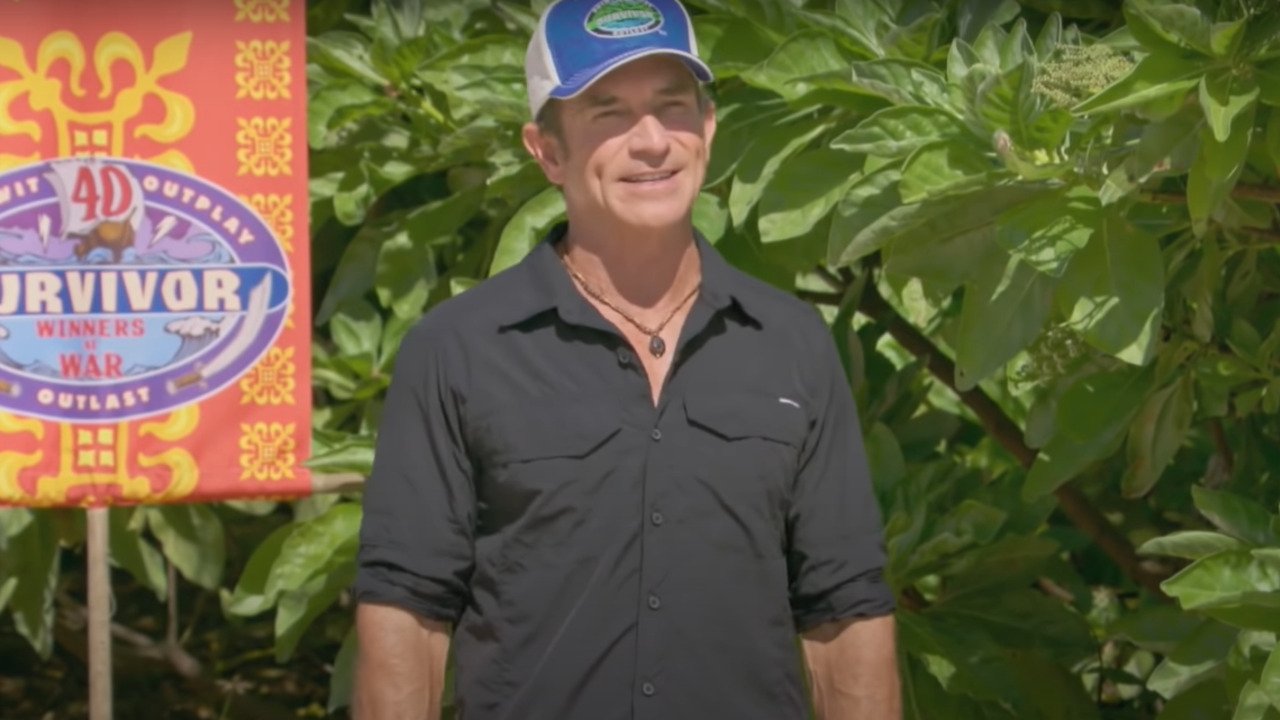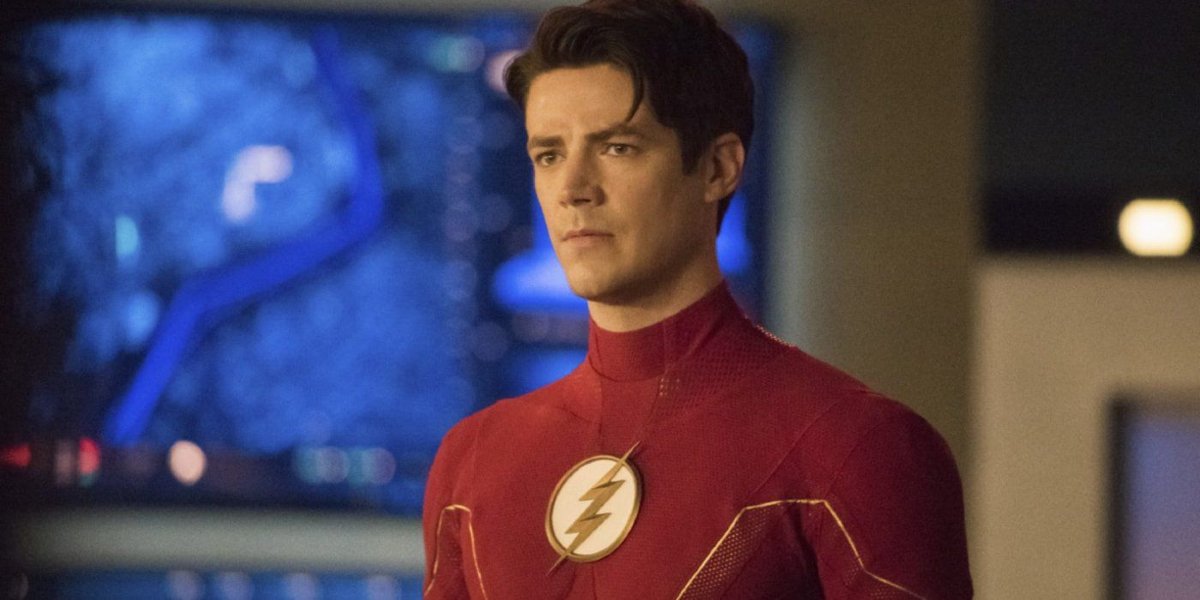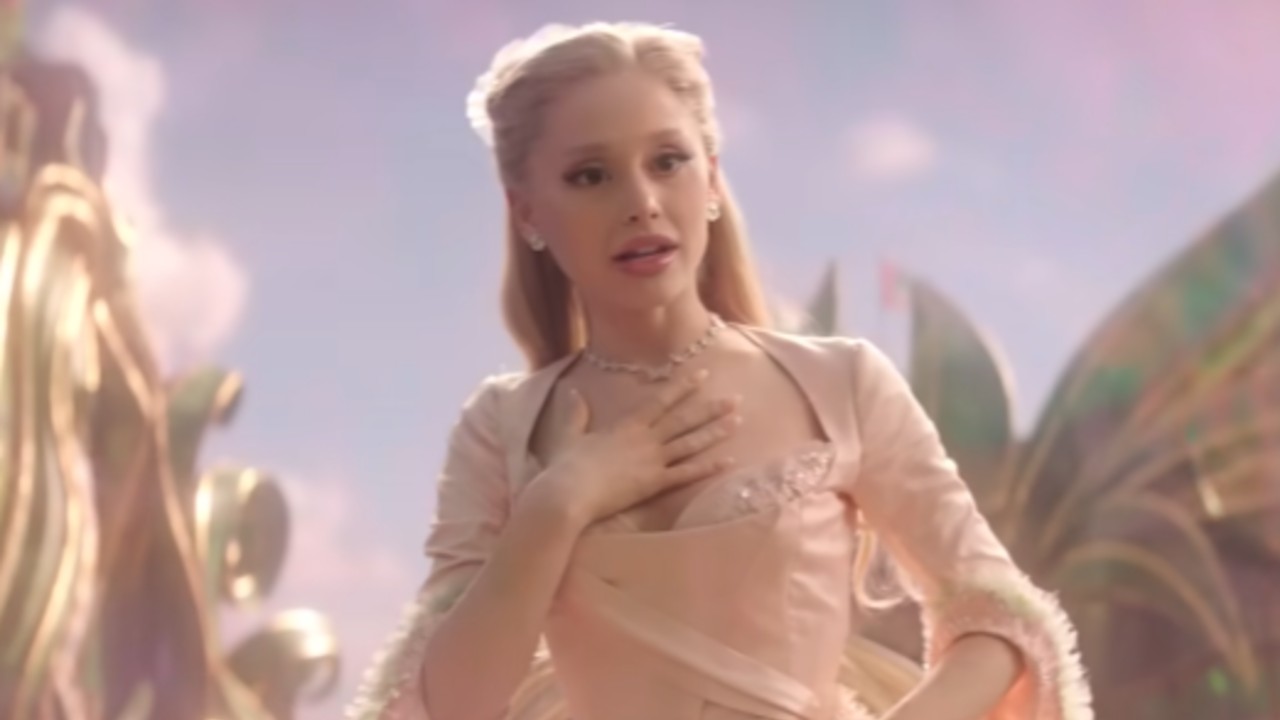Jeff Probst Comments On Not Being Perfect And What Happened After Survivor Contestants Accused Show Of 'Bad Edits'

Over the last 20-plus years of Survivor, the one constant has always been Jeff Probst as host. He sits through dark, rainy tribal council nights alongside contestants, asks the big questions no one wants to answer and essentially serves as a guidepost through an intense physical and emotional journey. What also ends up happening is that Probst receives a lion's share of the criticisms about the show's failings. Ahead of the long-awaited Survivor 41 premiere, Probst has addressed alum complaints about “bad edits” over the years and got candid about how he isn't perfect.
A “bad edit” on Survivor is, more or less, a depiction of a contestant as someone they don't identify with in “real-life.” Oftentimes, they are labeled a “floater” or as the season’s “villain.” Some people lean into their prospective TV-made “role,” while others resent what they see as a mischaracterization. For example, Karishma Patel from Survivor: Island of the Idols slammed the show for her “uncomfortable and painful” edit. Conversely, Julie Landauer blamed herself for her own floater edit on Survivor: Caramoan.
And truthfully, Survivor and executive producer/host Jeff Probst have relied heavily on these roles to sustain the show’s dramatics. The Heroes vs. Villains season is a perfect example. Probst recently told The New York Times that in order to curb true mischaracterizations (a.k.a. bad edits), he devised a Survivor mission statement for him and his team a few years ago. It reads:
Our job is to tell the most authentic version of each person’s story in an electric, visceral, dramatic, and entertaining way. But it must be authentic.
Jeff Probst is saying, in other words, if you go on Survivor and act like the villain, that's what you'll get. If you do nothing, you’ll be the floater. You define your own destiny – in theory.
However, Survivor 41 is being sold as a “new era” of the game, one that is not only shorter in length but also not defined by dividing socioeconomic lines. We do not know yet how that will look strategy-wise (though we have some guesses). But on a personal level for Jeff Probst, it's allowed him to see where he might have fallen short in the last two decades. He said:
I’m not always perfect on the show. I said things that I regret now, I’ve had points of view that I would change now. That was also me in the moment, being vulnerable and learning.
Specifically, in Survivor: Island of the Idols, Jeff Probst and CBS were jointly criticized for their mostly hands-off approach to the sexual harassment allegations aimed at one contestant by female players. Also, following the rise of the Me-Too movement, Sarah Lacina (winner of Game Changers) spoke up at one point about Probst’s gender bias while live at tribal council. Concerning the latter case, Probst owned up to the issue in the moment, to his credit. He now says:
Those are the moments that light me up. When you realize it’s true and it’s something you can change, in doing so you’re also showing other guys, ‘You might want to check yourself as well.’
Lack of representation for people of color has been another huge complaint surrounding Survivor’s legacy. However, CBS made good on its pledge to have more diversity in Survivor 41 than ever before. If certain players pull off the same strategy of Big Brother 23's Cookout alliance, then perhaps Survivor’s upcoming tribal councils will dig deeper into more of those moments that Jeff Probst is speaking of.
Your Daily Blend of Entertainment News
Either way, it is the very nature of the reality TV beast that no one is totally happy with their edit. Much like Jeff Probst, all one can really do is own up to their part and, if possible, try to change things for the better in the future.
Survivor 41 premieres on Sept. 22 at 8 p.m. ET/PT on CBS.

Freelance writer. Favs: film history, reality TV, astronomy, French fries.

